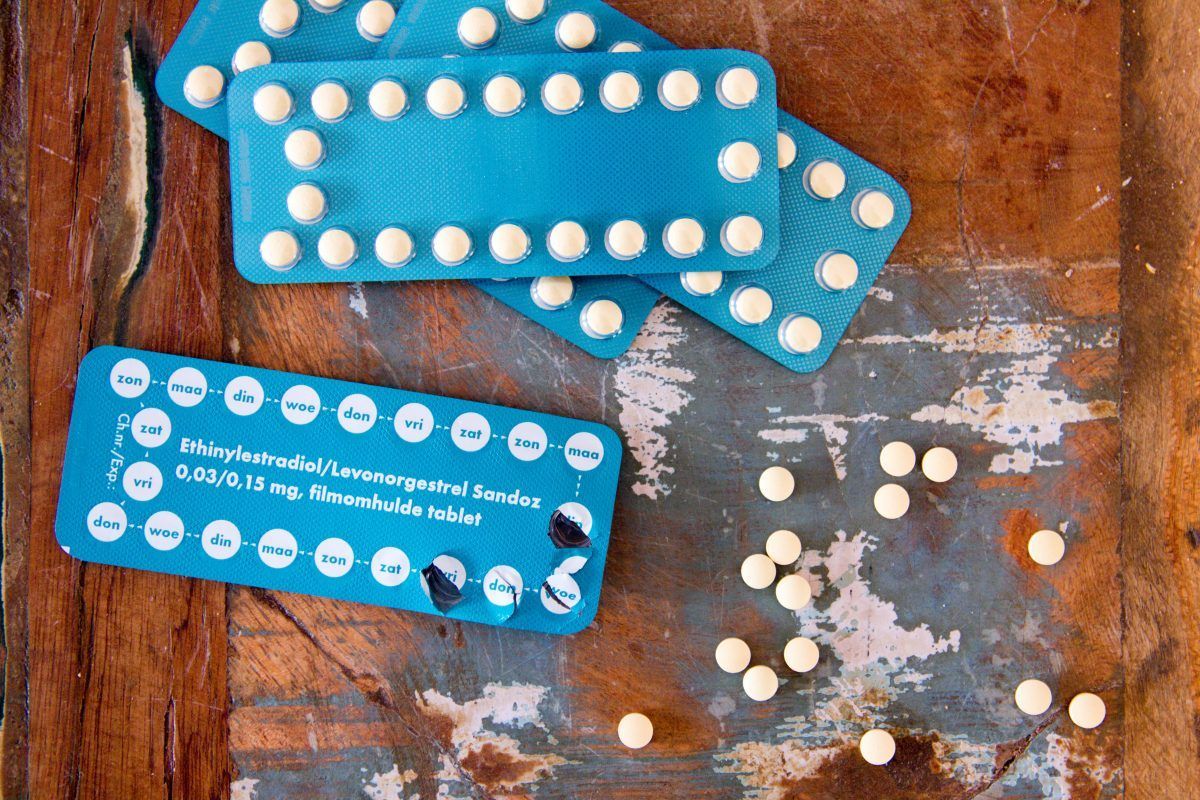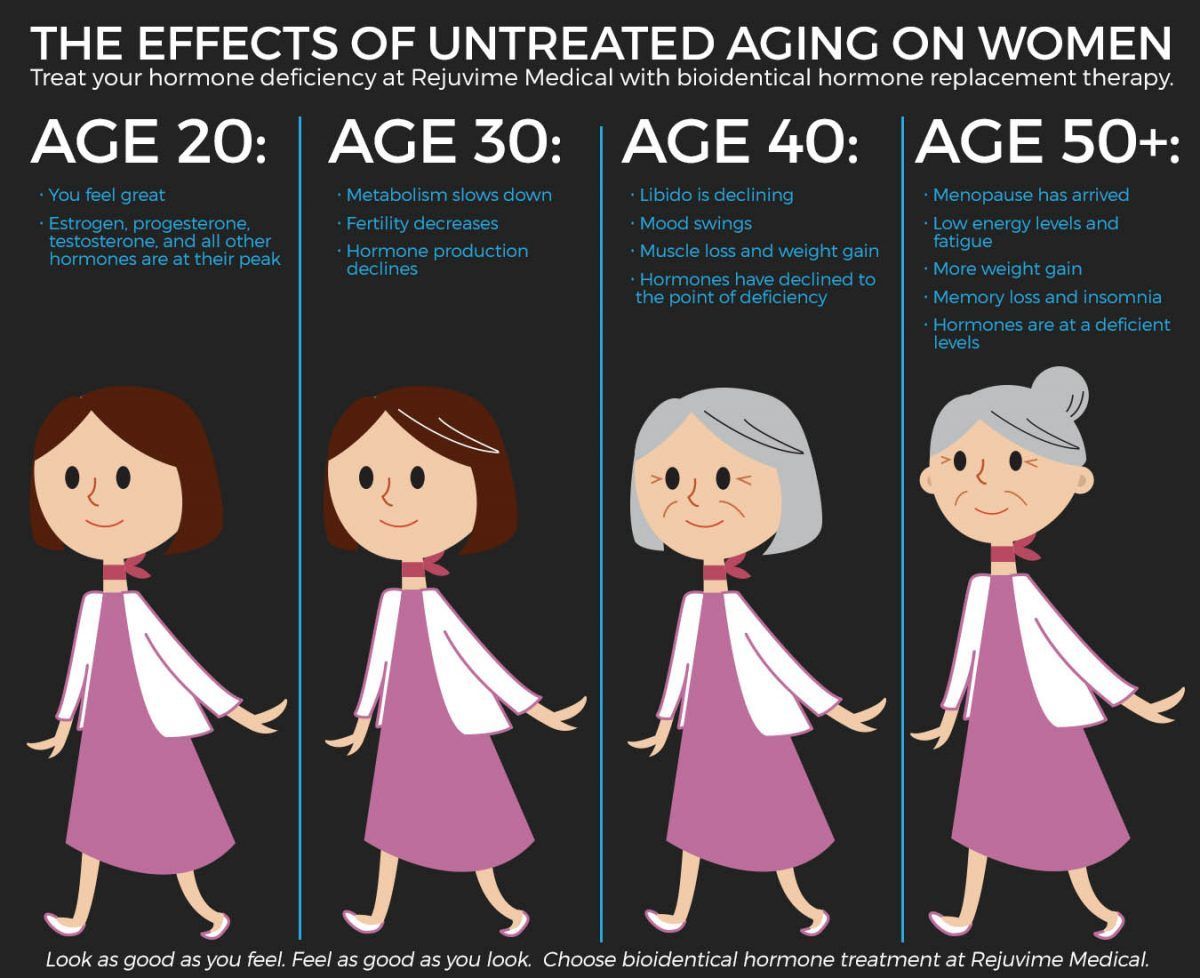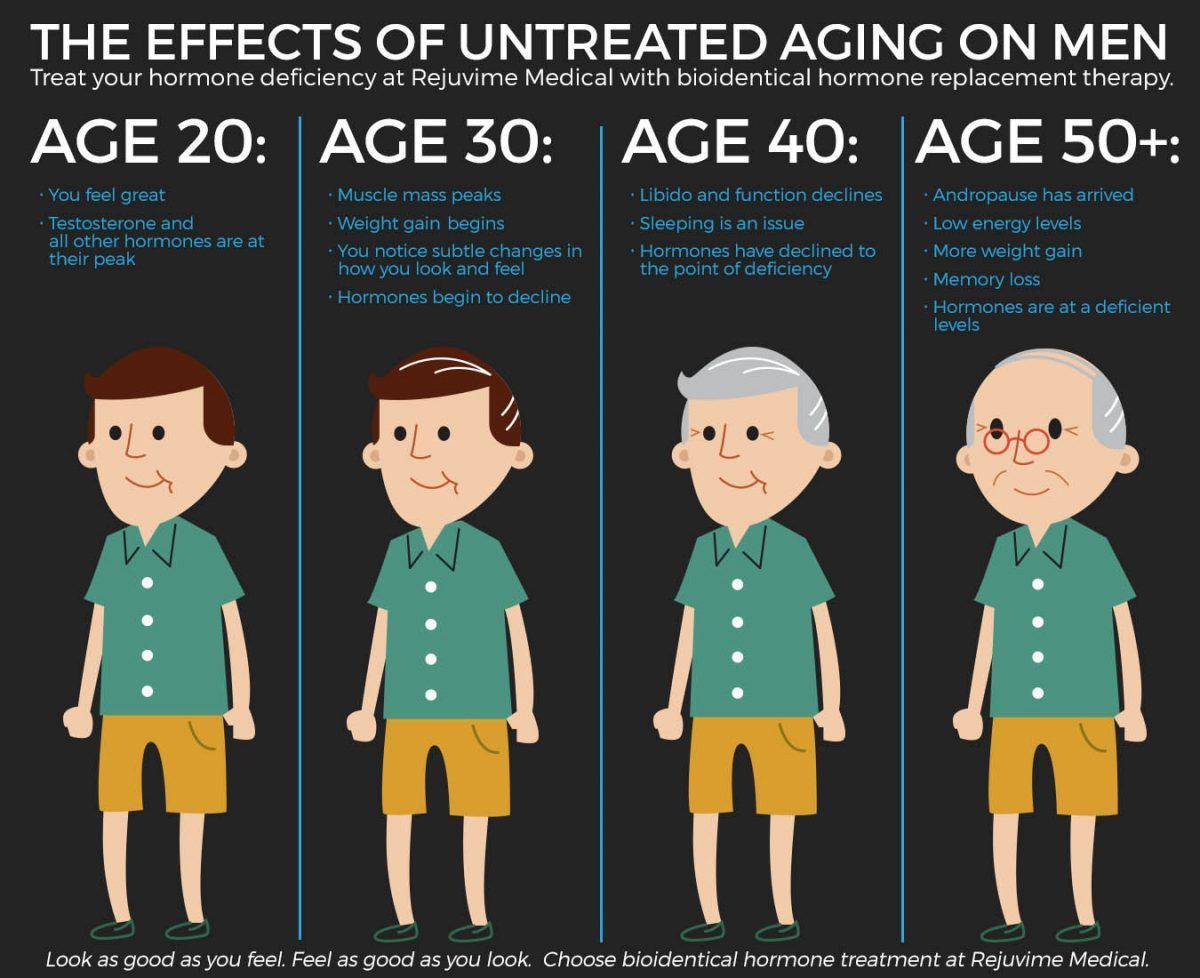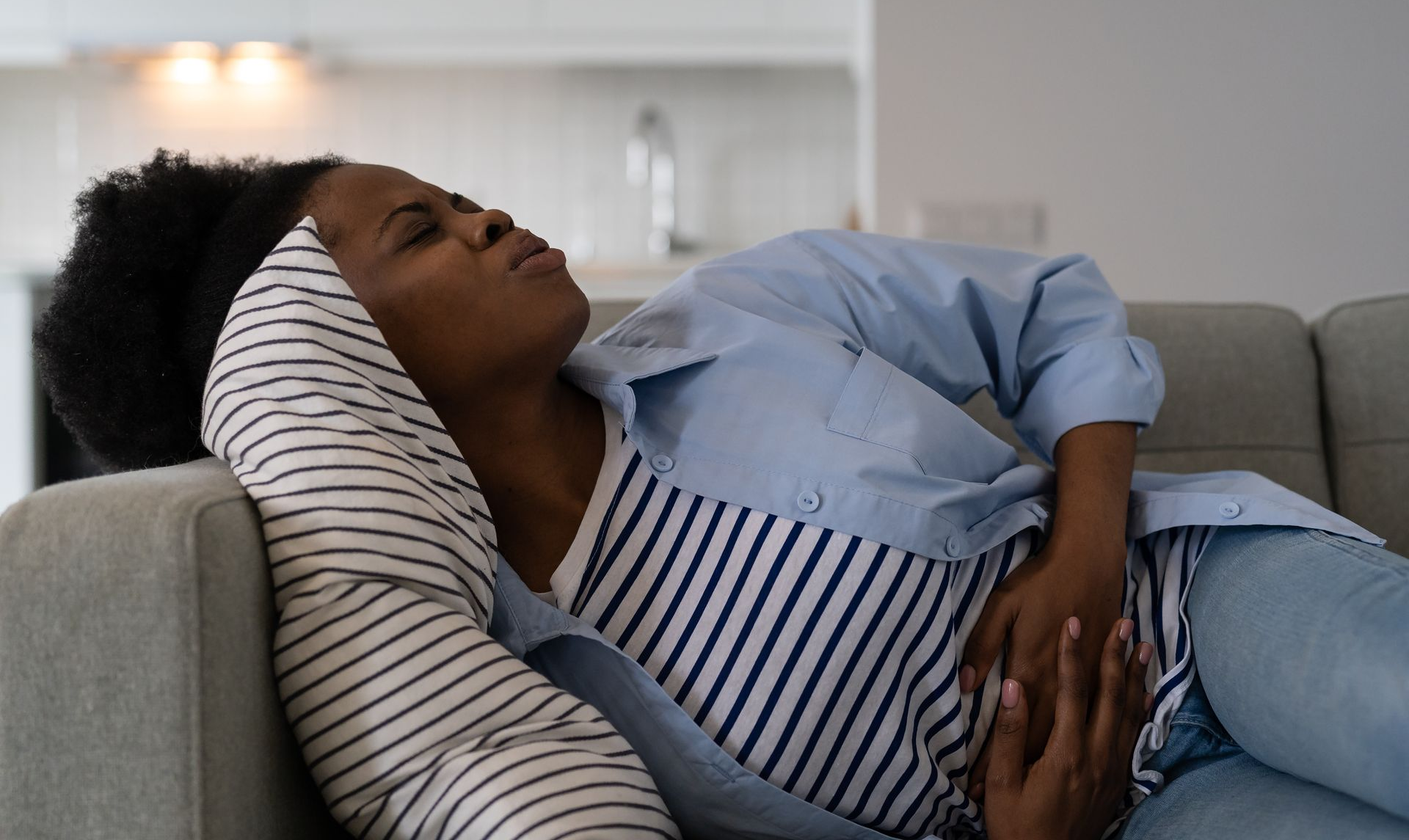How Do Hormones Change as I Age?

As we age, our body and the role our organs play fluctuates. While some of these factors can be positively or negatively affected by one’s overall health, other roles of bodily organs naturally change or decrease functionality over time. In this article, we are going to outline common symptoms of hormonal changes and/or imbalances in both men and women and discuss various ways to combat those changes.
WHAT ARE HORMONES?
Hormones are controlled by the body’s endocrine system and serve as messengers that play a critical role in the balance and function of the body’s major organs. From sleep to stress to love, hormone levels are major contributing factors into how well our bodies function.
According to the Hormone Health Network, “When they are in proper balance, hormones help the body thrive. But sometimes hormone levels are too high or too low. Hormone imbalances can occur any time regardless of one’s age and cause serious health problems requiring ongoing medical management.” What do we mean, exactly? It’s critically important to both mental and physical health for our hormone levels to stay in balance.

WHICH HORMONES DECLINE WITH AGE?
Estrogen (in women), Testosterone (in men), growth hormone, and melatonin are the hormones in the body that most commonly decrease function with age. According to Professor John E. Morley at Saint Louis University School of Medicine, “ In women, the decline in estrogen levels leads to menopause . In men, testosterone levels usually decrease gradually. Decreased levels of growth hormone may lead to decreased muscle mass and strength. Decreased melatonin levels may play an important role in the loss of normal sleep-wake cycles (circadian rhythms) with aging.”
HOW DO HORMONE IMBALANCES AFFECT ME?
In women, the decline in estrogen and progesterone levels is what leads to Menopause. In men, the decline in testosterone levels is what leads to Andropause. For both men and women, these changes can have widespread effects on both physical and mental health.
For women, it’s a natural process for hormonal balances to change during puberty, pregnancy, breastfeeding, and menopause; nonetheless, many women experience symptoms of hormonal imbalances attributed to other causes.
Some common symptoms of hormonal imbalances in women include:
- WEIGHT FLUCTUATION
- LOSS OF SEXUAL DESIRE
- IRREGULAR MENSTRUAL CYCLES
- FATIGUE
- NIGHT SWEATS
- PAIN DURING SEX
- ACNE
- DARKENING OF SKIN
- EXCESSIVE OR UNWANTED HAIR

The lowered testosterone production in men, coupled with the negative effects of poor diet and health, can result in a critical blow to sexual desire and function. Fortunately, we are beginning to become more health conscious as a whole, and the concept of needing our bodies at peak performance is ideal for overall happiness.
Some common symptoms of low testosterone in adult men are:
- DIFFICULTY CONCENTRATING
- LOSS OF MUSCLE MASS OR MUSCLE WEAKNESS
- LOW LIBIDO
- ERECTILE DYSFUNCTION
- INFERTILITY
- OSTEOPOROSIS
- HAIR LOSS
- WEIGHT GAIN
- INCREASED RISK OF STROKE, HEART ATTACK, AND PROSTATE CANCER

WHAT ARE SOME WAYS I CAN COMBAT HORMONE IMBALANCE?
While hormone depletion is inevitable with age, there are certain measures that can aid in keeping those little guys in check! We’ve outlined a few ways to aid in hormone balance for you below:
- HEALTHY FATS: Did you know that “healthy fats” high in natural Omega-3s are essential in the body’s ability to create hormones? Yep! Swap out that chicken for salmon or add a little avocado to your salad next time and your body will thank you! While the carbohydrates we mentioned in our previous post can lead to inflammation and hormonal imbalances, healthy fats actually have the opposite effect on the body! According to Dr. Josh Axe, DNM, DC, CNS, “Not only are these essential fats fundamental building blocks for hormone production, but they keep inflammation levels low, boost your metabolism and promote weight loss.”
- SUPPLEMENTS: While we will forever scream through the rooftops that a healthy diet is a critical factor in overall health and aging, sometimes even the healthiest can use a little added boost. Supplements such as primrose oil, Vitamin D, probiotics, and bone broth have all been linked to boosts in hormone production. Stay tuned for more on supplements, specifically, in a future post!
- ADEQUATE SLEEP: As mentioned many times before, adequate sleep is a key player in healthy function of the body’s systems as a whole. With that being said, it’s no surprise that health professionals recommend 7-8 hours of sleep for healthy hormonal balance. According to Dr. Josh Axe, “A lack of sleep or disturbing your natural circadian rhythm can be one of the worst habits contributing to hormone imbalance.” For optimal hormone function, experts recommend a consistent sleep-wake-cycle and allowing the body to recharge its systems with 7-8 hours of sleep per night.
- HORMONE REPLACEMENT THERAPY: As with most factors regarding health, we can often take certain measures to prolong the functionality and quality of our body’s systems; nonetheless, sometimes further medical intervention is needed. Bioidentical hormones are an increasingly popular option for maintaining quality hormone levels through the aging process. Bioidentical hormones are hormones that are natural (i.e. not synthesized in the lab) and are identical in their molecular structure to human hormones. Therefore, your body treats them and processes them in the same way that it treats its own hormones. Your body’s ability to recognize the hormones in your system makes a huge difference in being able to reap the benefits of the actions that that hormone is built to perform.
For more information on all things hormones or to speak with a qualified healthcare professional, visit our website or call to speak to one of our medical professionals today!
RESOURCES:
The post How Do Hormones Change as I Age? first appeared on Rejuvime Medical.
Get in Touch
Questions? Contact us today by phone or book an appointment online.
Questions? Call our office:
(225) 228-3128





